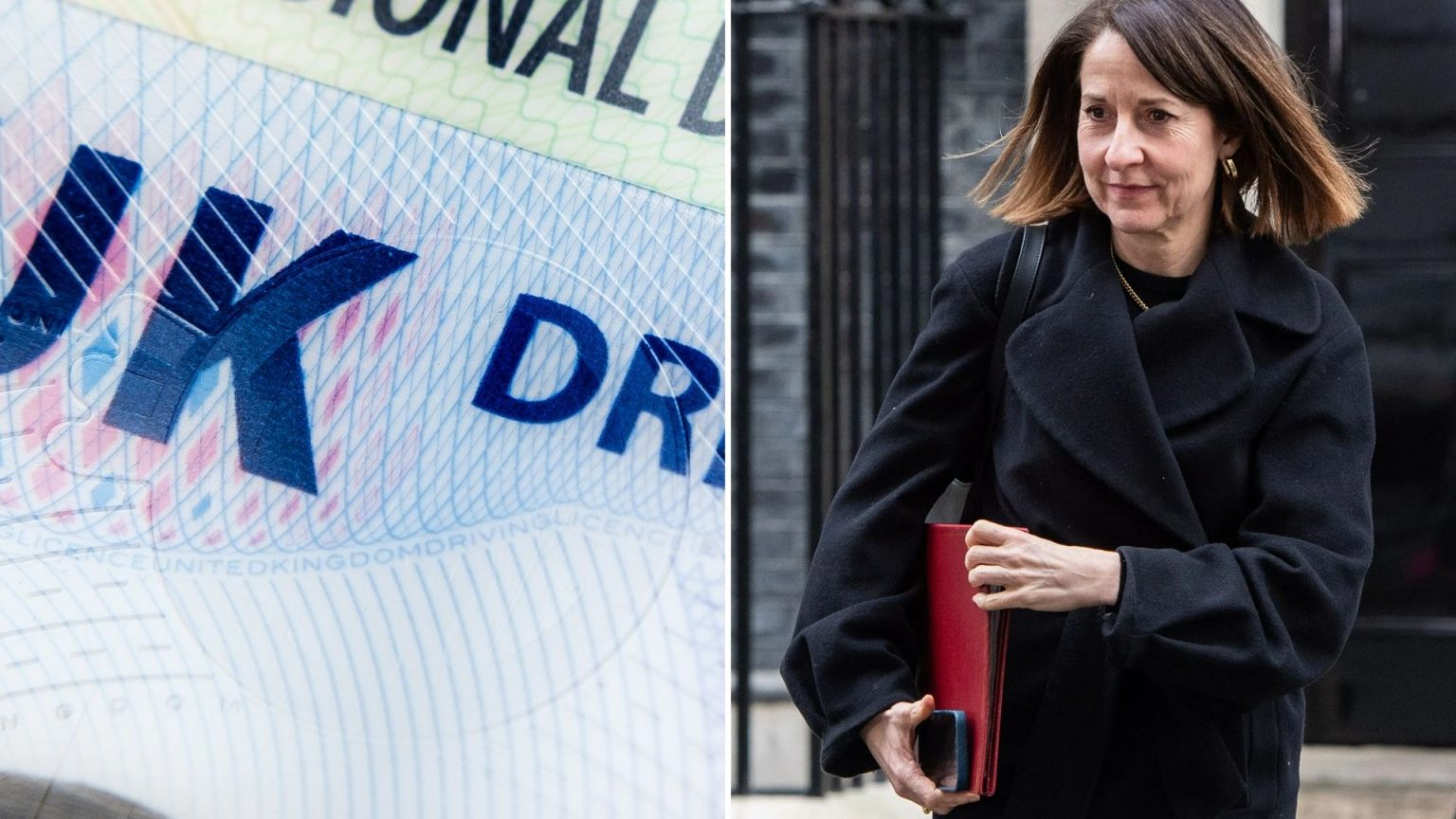The UK government is launching a significant crackdown on benefit fraud, aiming to recoup £1.5 billion over the next five years and deter future fraudulent claims. The proposed Public Authorities (Fraud, Error and Recovery) Bill will grant the Department for Work and Pensions (DWP) new powers to recover stolen funds and penalize those responsible. A key element of this initiative is the potential for driving disqualifications of up to two years for individuals who persistently refuse to repay fraudulently claimed benefits exceeding £1,000. This measure is intended as a last resort, applied only after repeated attempts to recover the debt have failed. The bill also empowers the DWP to obtain bank statements from individuals suspected of having sufficient funds to repay debts but who are evading repayment. Crucially, the DWP will not have direct access to bank accounts, a point emphasized to assuage concerns about privacy and overreach. The government underscores the importance of public trust and accountability, promising independent oversight and reporting mechanisms to ensure the proportionate and responsible use of these new powers.
This legislative push is presented as part of a broader government commitment to tackling fraud and wasteful spending within the public sector. Work and Pensions Secretary Liz Kendall emphasizes the bill’s focus on ensuring consequences for fraudsters, safeguarding taxpayer money, and restoring public confidence in the welfare system. The government aims to create a robust and fair system that supports those genuinely in need while actively pursuing those who exploit it for personal gain. The proposed changes are intended to streamline the process of recovering fraudulently obtained benefits, allowing the government to redirect these funds to legitimate claimants and essential public services. The government highlights the importance of this crackdown in the context of ambitious governmental programs and a commitment to improving the lives of citizens.
The bill also addresses the surge in fraud related to the Covid-19 pandemic, empowering the Public Sector Fraud Authority to investigate and prosecute these cases more effectively. This reflects the government’s recognition of the increased vulnerability to fraud during times of crisis and the need for enhanced measures to protect public funds. By strengthening the authority’s powers, the bill aims to deter future pandemic-related fraud and ensure accountability for those who exploited the crisis for personal gain. This focus on Covid-era fraud demonstrates the government’s commitment to addressing emerging challenges and adapting its anti-fraud strategies to protect taxpayer money.
While the proposed measures have garnered some cross-party support, political debate continues around the broader issue of welfare spending and fraud prevention. The shadow work and pensions secretary, Helen Whately, while welcoming the bill, also criticized the Labour party’s record on tackling fraud and managing the welfare budget. This underscores the ongoing political dialogue surrounding the balance between providing necessary support to those in need and preventing fraudulent claims that drain public resources. The political dimension of this issue highlights the complexities of welfare reform and the ongoing debate about the most effective strategies for balancing support and accountability.
The new legislation represents a significant escalation in the government’s efforts to combat benefit fraud, employing stronger deterrents and more efficient recovery mechanisms. The proposed changes aim to create a more robust and resilient welfare system, safeguarding public funds while ensuring support for those who genuinely require it. The emphasis on driving disqualifications as a last resort underscores the government’s intent to pursue all available avenues for debt recovery before resorting to such measures. This tiered approach reflects an effort to balance the need for robust enforcement with a commitment to fairness and proportionality.
By strengthening the powers of the DWP and the Public Sector Fraud Authority, the government signals a determined effort to tackle fraud across the public sector, including the specific challenges posed by the Covid-19 pandemic. The proposed changes are part of a broader strategy to improve the efficiency and integrity of public spending, ensuring that taxpayer money is used effectively and responsibly. The government’s commitment to transparency and oversight in the implementation of these new powers aims to build public confidence in the fairness and effectiveness of the system. The long-term goal is to create a welfare system that provides essential support while actively deterring and punishing fraudulent activity, ultimately benefiting both taxpayers and those genuinely in need.











